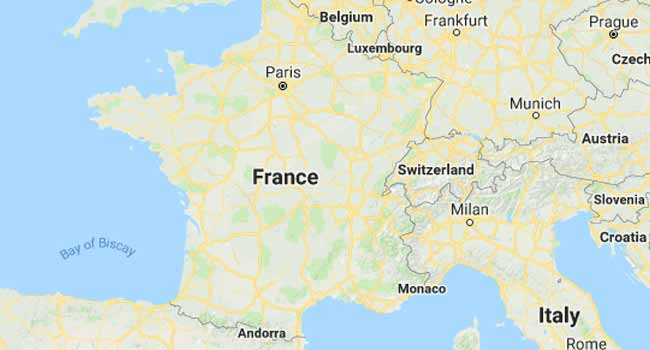France has launched a nationwide probe into incidents of babies being born with either missing or malformed arms after abnormal rates of deformations were detected in several regions of the country, a top public health official said on Wednesday.
Francois Bourdillon, head of the Public Health France agency, told RTL radio that the probe was “underway” and the results would be known “in about three months.”
A relatively small number of cases have been detected so far — about 25 over the past 15 years in the regions of Brittany, Loire-Atlantique and Ain — but the defects have caused public alarm and have been widely reported by the French media.
On Monday evening, health authorities reported an additional 11 cases in the Ain area near the Swiss border between 2000 and 2014 which had not previously been made public.
Officials had already said the number of cases in Brittany and the Loire-Atlantique areas, on France’s west coast, was statistically “excessive” and Health Minister Agnes Buzyn had vowed to investigate further.
So far, no explanation has been found for the deformations despite tests on the mothers to see if they were exposed to common substances.
Some environmentalists have claimed pesticides could be to blame, but there is no scientific evidence at this point to back up the claims.
The defects could also be genetic.
“We cannot content ourselves with saying we didn’t find the cause, that’s unacceptable,” Buyzn said earlier this month.
In the 1950s and 1960s, thousands of babies around the world were born with missing or stunted limbs linked to the use of the drug thalidomide, which was used to treat nausea in pregnant women. It was banned in the 1960s.
AFP




